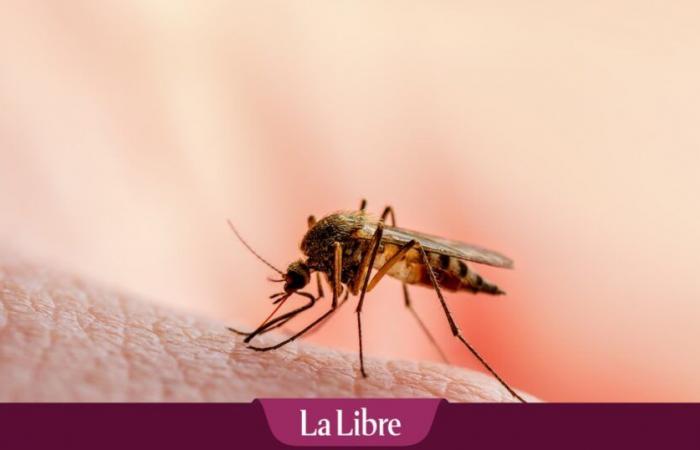This year, “a serotype of the dengue virus which has circulated little over the last twenty years”, DENV3, makes the authorities fear “risks of serious form” and “a high number of cases” if “resolute control actions or prevention are not implemented”, according to the press release.
Brazil faced with an unprecedented dengue epidemic: “From now on, the most important thing is to treat the sick as best as possible”
Among 62 samples analyzed between the end of September and mid-October, “97% are DENV3”, according to the latest bulletin from Public Health France.
The seasonal threshold for clinical cases (80 weekly cases) is largely exceeded. At the end of October, it was estimated at 540 in community medicine, more than double that in September.
At the hospital, Public Health France noted last month “on average 40 weekly visits to the emergency room for suspected dengue fever, compared to 25 in September”.
The joint statement from the authorities recalled that it was “essential” to fight against stagnant water which allows the larvae of the disease vector, the mosquito, to develop.
A solution against the dengue virus? KULeuven announces the discovery of an antiviral
These stagnant waters are often “located around or in homes” and may have been “fed by recent heavy rains”, underlines the press release.
The authorities also recommend “wearing loose-fitting, covering clothing”, the use of “an approved repellent product” and the use of pre-impregnated mosquito nets.
The territory is also facing the emergence of a new type of mosquito “highly competent to transmit all arboviruses (Dengue, Chikungunya, Zika)”, according to a press release published at the end of October from the Community and the Health Agency.
These Aedes Albopictus larvae were spotted for the first time in the Lorient district, in Saint-Barthélémy, in the north of Guadeloupe, it was specified.
Dengue fever, which can cause high fever, body aches and fatigue, is a potentially fatal infectious disease.






